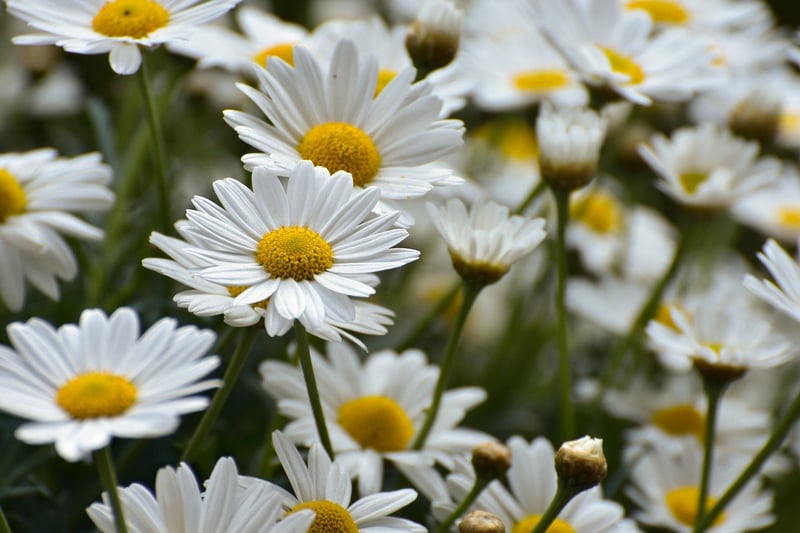Pest Control
Essential Plant Care Advice + Pest Control
Introduction
Welcome to our guide on essential plant care advice and pest control. Whether you are a seasoned plant enthusiast or a beginner looking to green up your space, this article will provide you with valuable tips to help your plants thrive.
1. Light and Water
Plants need the right balance of light and water to grow healthily. Ensure you place your plants in locations that match their light requirements - whether they need full sun, partial sun, or shade. Additionally, water your plants consistently, but be mindful not to overwater as it can lead to root rot.
2. Soil and Fertilization
Use well-draining soil that matches the specific needs of your plants. Different plants require different soil types, so do your research. Additionally, fertilize your plants regularly during the growing season to provide them with essential nutrients.
3. Pruning and Repotting
Pruning helps your plants maintain their shape and promotes healthy growth. Remove dead or diseased leaves to prevent the spread of pests and diseases. When your plant outgrows its current pot, consider repotting it to give the roots more space to grow.
4. Pest Control
Despite your best efforts, pests can still find their way to your plants. Here are some common pests and how to control them:
A. Aphids
Aphids are tiny insects that suck sap from plants, causing leaves to yellow and distort. To control aphids, spray your plants with a mixture of water and dish soap or use neem oil.
B. Spider Mites
Spider mites are common pests that thrive in dry conditions. Increase the humidity around your plants to deter spider mites. You can also use insecticidal soap to control their population.
C. Fungus Gnats
Fungus gnats are attracted to moist soil. Allow the soil to dry out between waterings and avoid overwatering to prevent fungus gnat infestations.
Conclusion
By following these essential plant care tips and being vigilant about pest control, you can create a healthy environment for your plants to flourish. Remember that each plant is unique, so observe how your plants respond to care practices and adjust accordingly. Happy gardening!


